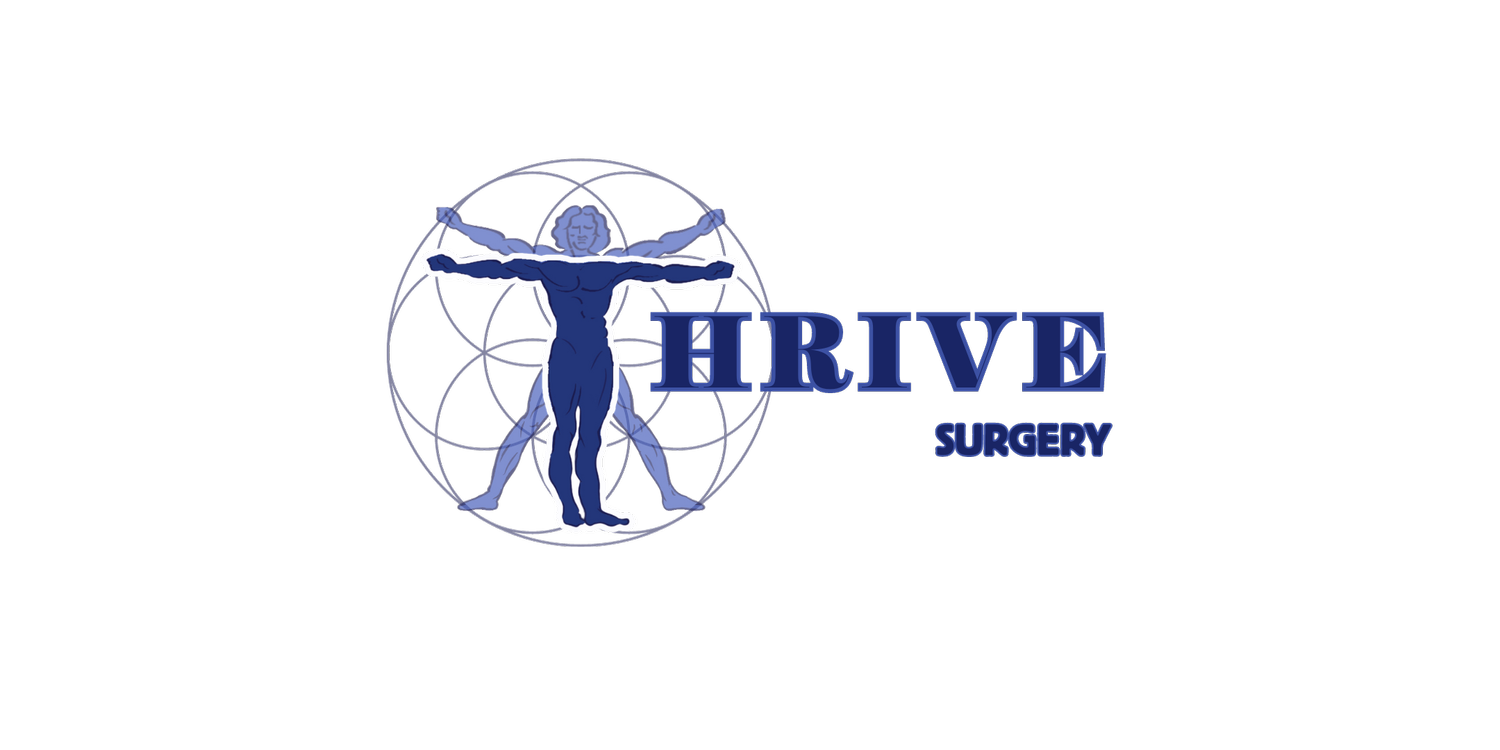Nutritional Challenges After Bariatric Surgery: Tips for a Balanced Diet
Introduction
Bariatric surgery, a life-changing intervention for individuals struggling with obesity, brings about significant transformations in both body and lifestyle. While the surgery aids in weight loss, it also necessitates a profound shift in dietary habits. The nutritional challenges post-bariatric surgery are crucial aspects of the recovery journey. In this article, we will explore these challenges and provide valuable tips for maintaining a balanced diet to support optimal health and sustained weight loss. Dr. Elizabeth Alexandra Zubowicz, owner of Thrive Surgery in Haymarket, Northern Virginia, has been instrumental in guiding patients through their bariatric journeys, offering comprehensive support for long-term success.
Understanding Nutritional Challenges
Reduced Caloric Intake
After bariatric surgery, individuals experience a significant reduction in the capacity of their stomach. This limits the amount of food they can consume in a single sitting, resulting in a lower caloric intake. While this is beneficial for weight loss, it poses a challenge in meeting daily nutritional requirements.
Nutrient Absorption Changes
Depending on the type of bariatric surgery performed, nutrient absorption may be altered. Certain procedures, such as gastric bypass, reroute the digestive tract, impacting the absorption of essential nutrients like vitamins and minerals. This necessitates careful planning to ensure the body receives adequate nutrition.
Risk of Deficiencies
The restricted intake and altered absorption put individuals at risk of nutritional deficiencies. Common deficiencies include iron, vitamin B12, vitamin D, and calcium. These deficiencies can lead to a range of health issues, including anemia, fatigue, and bone health concerns.
Tips for a Balanced Post-Bariatric Diet
Prioritize Protein Intake
Protein is a crucial component for post-bariatric surgery patients as it supports healing, muscle maintenance, and satiety. Incorporate lean protein sources such as poultry, fish, eggs, and plant-based proteins into each meal. Protein supplements may also be recommended to meet daily requirements.
Mindful Hydration
Adequate hydration is essential, but sipping fluids throughout the day is more advisable than consuming large quantities at once. Avoid high-calorie, carbonated, and sugary beverages. Opt for water, herbal teas, and other low-calorie, non-carbonated options to stay hydrated without compromising weight loss goals.
Focus on Nutrient-Dense Foods
Given the limited capacity for food intake, choosing nutrient-dense foods is paramount. Include a variety of colorful vegetables, fruits, whole grains, and healthy fats in your diet to ensure a broad spectrum of essential vitamins and minerals.
Supplement Wisely
Work closely with healthcare professionals to determine appropriate supplements to address potential deficiencies. Common supplements may include iron, vitamin B12, calcium, vitamin D, and multivitamins. Regular monitoring of nutrient levels through blood tests is crucial for personalized supplementation.
Gradual Introduction of Foods
Post-surgery, the diet typically progresses through various stages, starting with clear liquids and gradually advancing to solid foods. Follow healthcare provider guidelines for each stage, allowing the digestive system to adapt and minimizing the risk of complications.
Monitor Carbohydrate Intake
While carbohydrates are an essential energy source, refined and sugary carbohydrates can contribute to weight regain. Focus on complex carbohydrates, such as whole grains, legumes, and vegetables, while limiting the intake of processed and sugary foods.
Regular Meal Timing
Establishing a routine for meals and snacks can help regulate energy levels and prevent overeating. Consistency in meal timing also supports the body's metabolism and aids in maintaining a stable weight.
Conclusion
Thrive Surgery, owned by Dr. Elizabeth Alexandra Zubowicz in Haymarket, Northern Virginia, stands as a beacon of support for individuals navigating the challenges of post-bariatric surgery nutrition. The clinic's commitment to comprehensive care includes guiding patients toward a balanced diet that optimizes both weight loss and overall health.
In conclusion, the nutritional challenges after bariatric surgery are significant, but with the right guidance and a commitment to a balanced diet, individuals can achieve lasting success. Dr. Zubowicz's Thrive Surgery, extending its services to nearby areas such as Warrenton, The Plains, Manassas, Middleburg, and Gainesville, Northern Virginia, serves as a trusted ally in the journey toward sustained health and wellness after bariatric surgery.


